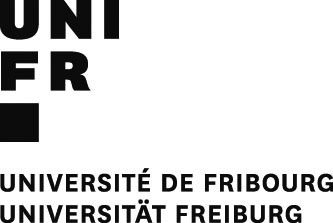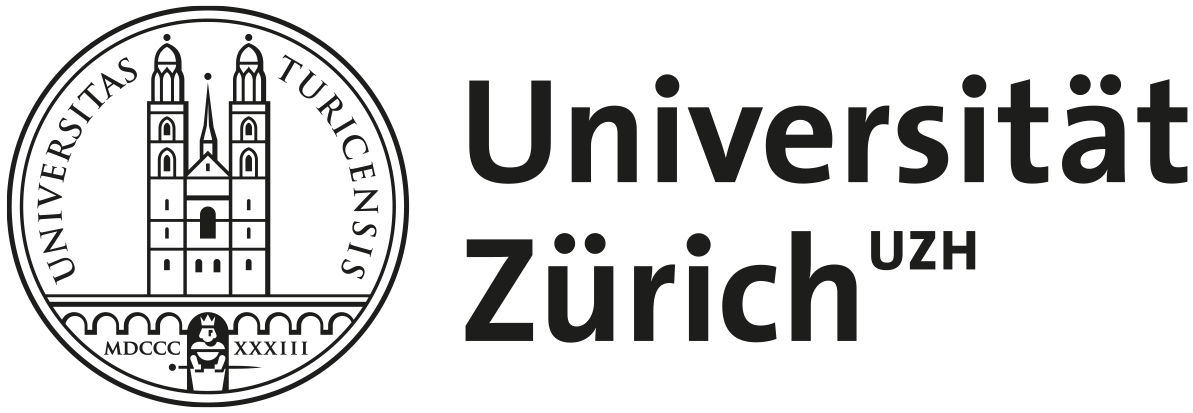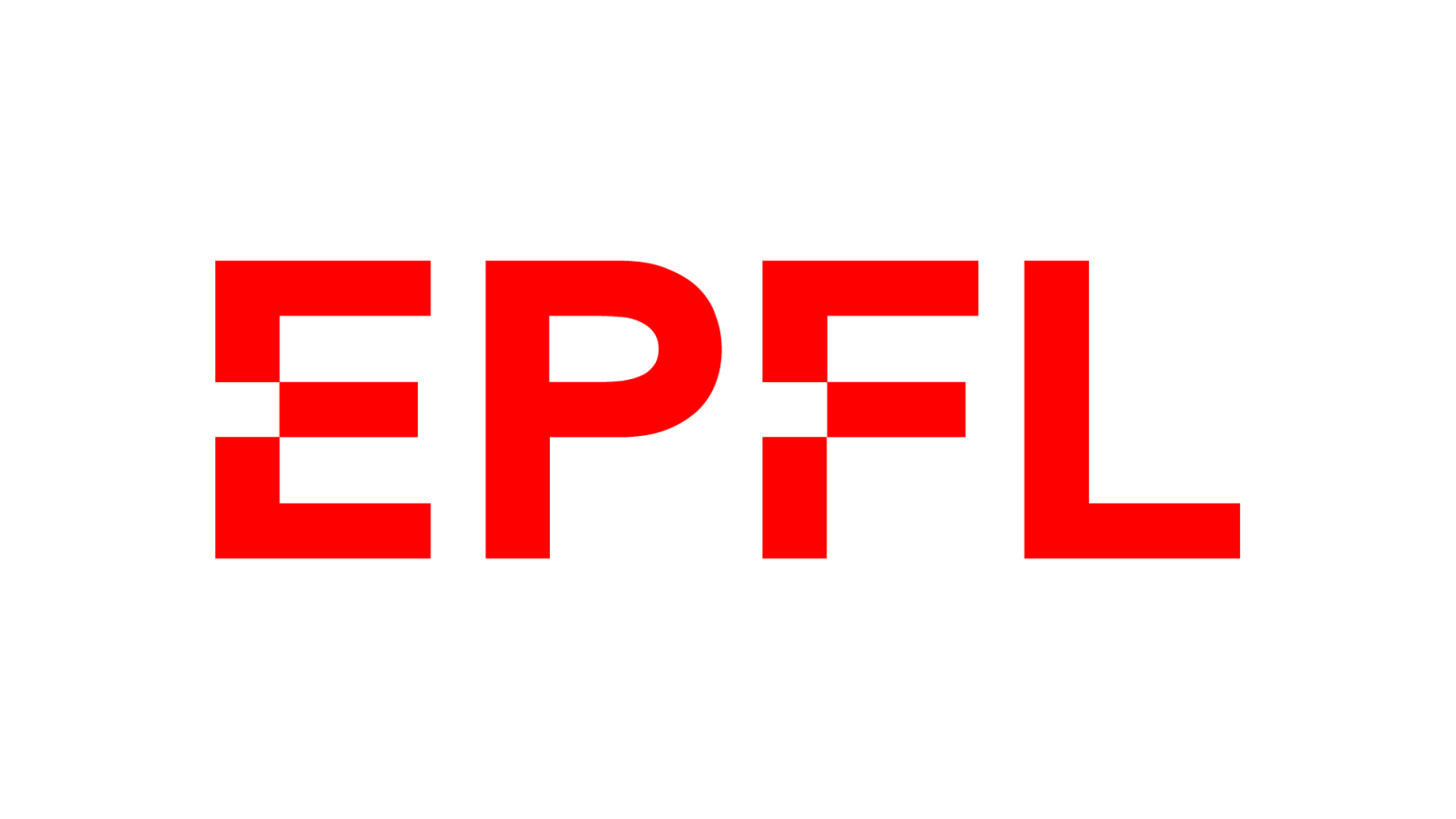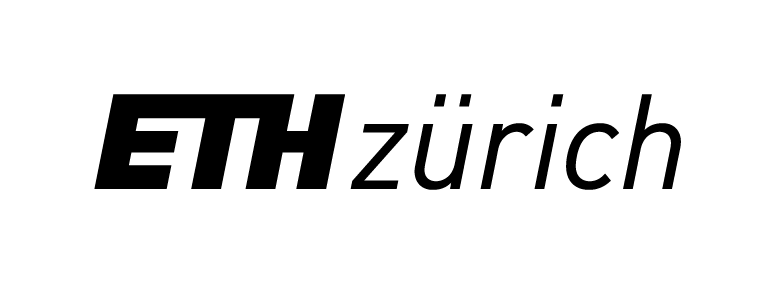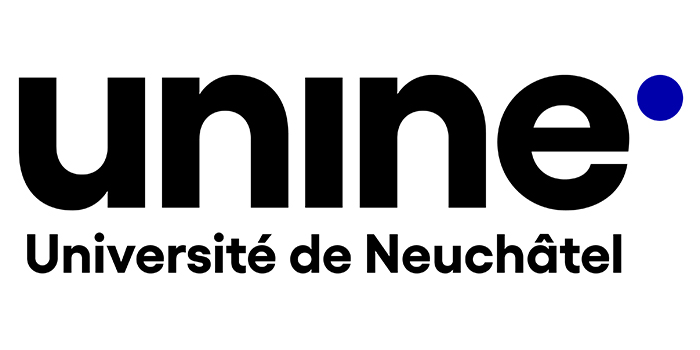Getting organised before studying
It’s important to choose your degree and get organised at an early enough stage. Whether you’re stressed by your baccalaureate (Matura) or bridging course (Passerelle), you should plan your university application well in advance, as there are fixed application deadlines for each university.
Being informed, receiving advice and sharing ideas can create clarity and help you to make a decision.
What to study ?
Options and advice
Choosing a field of study is no easy task. You may well feel overwhelmed by the variety of options and possibilities on offer. Information on programmes of study in the various areas can be found on the platform berufsberatung.ch, university websites and via advice services.
It’s important to use the university and careers guidance services offered by schools, cantons or universities. Cantons organise events that also provide insight into specific career prospects after graduation or offer opportunities to interact with experts. For their part, universities organise open days, at which the universities introduce themselves and offer an opportunity to talk to students and professors.
Useful links and resources
Programmes offered by universities : EPFL, ETHZ, HSG, UniBe, UniFr, UniGe, UniLu, UniNE, USI, UZH
Cantonal advice centres and vocational information centres : access it here
University advice centres : EPFL , ETHZ, HSG, UniBe, UniFr, UniGe, UniLu, UniNE, USI, UZH
University information events : EPFL, ETHZ, HSG, UniBe, UniFr, UniGe, UniLu, UniNE, USI, UZH
Cantonal information events : BE, FR, GE, LU, NE, SG,ZH, TI
Where to study ?
The choice of where you study is influenced by many factors:
Subject and location: in some cases, your place of study depends on the subject chosen. Certain universities offer courses or specialisms that are not available at other institutions. It is therefore worth not just looking at what’s on offer at one single university.
Commuting or moving: certain cantons don’t have any universities and prospective students have to decide whether they can commute or move to the city where their university is located.
Residence and scholarship: students apply for scholarships in the canton in which they reside before starting their studies, even if they intend to study in another canton. If you move out of your home, your livelihood will be calculated differently.
Finding accommodation: cheaper housing options are available in student halls and at housing exchanges: EPFL, ETHZ, HSG, UniBe, UniGe, UniNE, UniFr, UniLu, USI, UZH.
Many students rent a room and share a flat with other students or individuals : Students.ch ; uniboard.ch
Information on admission
You will find information and links to the admission bodies here. Each universities has different requirements.
Universities
Deadlines vary depending on the university and degree programme in question, but the deadlines for degrees that start in September all fall during the first half of that same year. This is why you should start seeking guidance and information at the beginning of your final year of school. The various steps for admission, the required documents and the admission deadlines can be found on the websites of the various universities’ admission offices.
Grammar-school baccalaureate and bridging course (Passerelle) after the vocational baccalaureate:
Admissions offices: EPFL, ETZH, HSG, UniBe, UniFr, UniGe, UniLu, UniNE, USI, UZH
If you have a foreign diploma, you need to check with the admissions office to see whether the degree is recognised by the university, whether a compensatory examination (ECUS) may be required or whether admission without a baccalaureate is an option.
EPFL, ETZH, HSG, UniBe, UniFr, UniGe, UniLu, UniNE, USI, UZH
Admission without a baccalaureate is possible at many universities. The conditions and procedures sometimes vary greatly depending on the university and faculty : EPFL, UniBe, UniFr, UniGe, UZH
Universities of applied sciences
Universities of applied sciences have very different admission conditions; these vary on the basis of the applicant’s educational background. Depending on the subject, all applicants are expected to complete further tests or fulfil additional criteria, such as cognitive checks.
Vocational or specialist baccalaureate in the same subject area: direct access to university studies
Vocational baccalaureate in an unrelated subject area: Candidates must gain professional experience in the desired field.
There are sometimes pathways or additional training that allow you to switch fields
Secondary school leaving certificate: applicants must acquire work experience (internships) in the specialist area in order to be admitted
Without a diploma: If you have a certain number of years of experience that demonstrate knowledge in a specific field and you are over 25 years old, there is the admission based on application procedure (ASD) for Universities of Applied Sciences (HES).
Feel free to contact the admissions office of the HES you are interested in to learn the exact requirements for that institution and the field you are interested in.
Link to berufsberatung.ch – Swiss portal for career guidance
Planning to finance your studies
It’s important to consider how to finance your degree at an early stage. Since financing is always an issue, both before and during your studies, as well as after graduation, we’ve dedicated a separate section to this topic.
Financing your studies
Tip: talk to others
It’s vital to discuss the various options with other people. Certain ideas and tips come not only from experts, but also from people who know us well or tell us about their experiences. There is rarely just one single person who can provide a tailor-made solution when it comes to choosing what to study and where to do it.
If you’ve pinned down certain fields of study, areas of activity or professions, it might also be interesting to share ideas with people who work or study in the relevant domain.
But how do you find these people within your own network? You don’t necessarily need to know someone in this field very well. You may find people in your extended network, such as parents of classmates, coaches, neighbours, or teachers. Just ask: people like to share their experience and knowledge with others!
You can also approach student associations and academic boards at higher education institutions; these organisations of committed students always include people from different fields of study or faculties.
Student associations : EPFL, ETHZ, HSG, UniBe, UniFr, UniGe, UniNE, UniLu, USI, UZH


